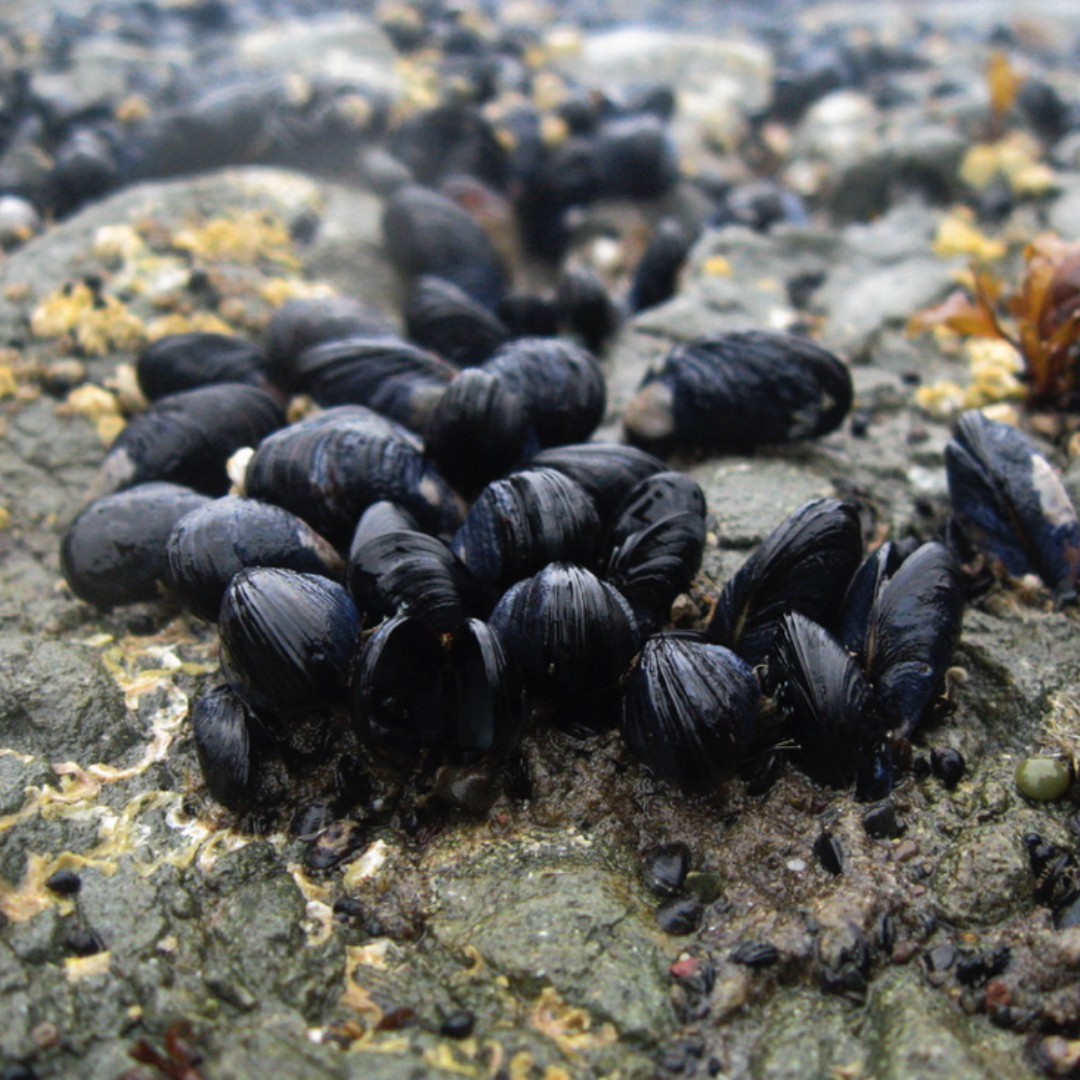
Governance, Policy, Law & Justice
We are in the midst of unprecedented global environmental crises – climate disruption, biodiversity loss, emerging pandemics, and pervasive pollution – that need to be urgently addressed. Recognizing the concurrent challenges of poverty and inequality, it is clear that transformative changes are required to tackle these crises in an equitable and just manner.
IRES researchers are identifying laws, policies, decision making practices, and institutions that either inhibit, facilitate, or accelerate progress towards a more equitable and sustainable future. This can include anything from new regulations or policies at various levels of governance, to designing more effective and inclusive institutions, to informal norms and practices that might increase human wellbeing while reducing socio-ecological harms.
Core faculty:
David Boyd, Leila Harris, Amanda Giang, Gunilla Öberg, Milind Kandlikar, Terre Satterfield, Kai Chan, Hannah Wittman

Environmental Justice in Canada
How can we ensure Environmental Justice (the fair distribution of environmental benefits and burdens) across Canada?
IRES Researchers investigate the distribution of air pollution, health impacts and environmental enforcement in Canada, looking for patterns of inequity.
Read More ->
Science, values and policy
How may policy development be better served by explicit identification of value-judgements in science, their relationship to how different outcomes are prioritized, and the legitimate roles that values can play in evidence-informed policy advice?
IRES Researchers explore ways to ‘daylight’ legitimate value judgements in evidence-based policy advice, looking at chemicals management, particularly endocrine disruptors, as well as sustainable sewage management.
Read More ->
First Nations Food Security and Rights
How is a rapidly changing climate affect First Nations Food Sovereignty, Rights, Health and Well Being along the coast of British Columbia?
This project aims to better understand how historic, contemporary, and projected changes—both sociopolitical and ecological—challenge coastal First Nations’ access to traditional foods. It also hopes to identify conditions, strategies and variable possibilities for securing access to marine food economies, diets and the adaptation strategies that might most enable these.
Highlighted publications:
- Boyd, D. R. (2011). The environmental rights revolution: a global study of constitutions, human rights, and the environment. UBC Press.
- Ryan Dwyer, Anita Palepu, Claire Williams, Daniel Daly-Grafstein, and Jiaying Zhao. Unconditional cash transfers reduce homelessness. The Proceedings of the National Academy of Sciences (2023) https://doi.org/10.1073/pnas.222210312
- K. McFarlane, L. Harris (2018) Small systems, big challenges: Review of small drinking water system governance. Environmental Reviews
- Stokes, L. C., Giang, A., & Selin, N. E. (2016). Splitting the south: China and India’s divergence in international environmental negotiations. Global Environmental Politics, 16(4), 12-31.
- Oberg, G., & Mason-Renton, S. A. (2018). On the limitation of evidence-based policy: Regulatory narratives and land application of biosolids/sewage sludge in BC, Canada and Sweden. Environmental Science & Policy, 84, 88-96.
- Klinsky, S., & Dowlatabadi, H. (2009). Conceptualizations of justice in climate policy. Climate Policy, 9(1), 88-108.
- Harding, S., Kandlikar, M., & Gulati, S. (2016). Taxi apps, regulation, and the market for taxi journeys. Transportation Research Part A: Policy and Practice, 88, 15-25